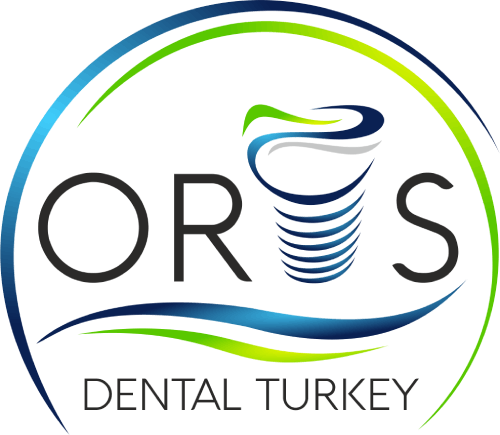Porcelain Crowns
Porcelain crowns, also known as ceramic crowns or porcelain fused to metal crowns (PFMs), are a type of dental crown that is commonly used to restore damaged or weakened teeth. They are designed to look and function like natural teeth, and are a popular choice for both cosmetic and restorative dental procedures. In this article, we will explore what porcelain crowns are, how they are made, their benefits and drawbacks, and the typical cost of getting a porcelain crown.
What are Porcelain Crowns?
Porcelain crowns are custom-made caps that fit over a damaged or weakened tooth to restore its strength, function, and appearance. They are typically used to treat teeth that have been extensively decayed, fractured, or weakened due to root canal treatment. Porcelain crowns can also be used to improve the appearance of teeth that are discolored or misshapen.
Porcelain crowns are made of a combination of materials, typically porcelain fused to metal, which provides strength and durability. The porcelain portion of the crown is designed to match the color and texture of the natural teeth, giving it a natural appearance.
How are Porcelain Crowns Made?
The process of getting a porcelain crown typically involves two visits to the dentist. During the first visit, the dentist will prepare the tooth for the crown by removing any decay or damaged areas and shaping the tooth to fit the crown. They will then take an impression of the tooth and send it to a dental laboratory where the crown will be fabricated. The dentist will then place a temporary crown on the tooth to protect it while the permanent crown is being made.
Once the permanent crown is ready, the patient will return to the dentist for the second visit. The dentist will remove the temporary crown and fit the permanent crown onto the tooth, making any necessary adjustments to ensure a comfortable and secure fit. Once the crown is in place, the dentist will cement it onto the tooth using a dental adhesive.
Benefits and Drawbacks of Porcelain Crowns
Porcelain crowns offer several benefits over other types of dental restorations. They are highly durable and can last for many years with proper care. They are also highly resistant to stains and can be designed to match the color and shape of the natural teeth, making them virtually indistinguishable from real teeth.
However, there are also some drawbacks to porcelain crowns. They are more expensive than other types of dental restorations, such as metal or resin crowns. They can also be more prone to chipping or cracking, especially if the patient has a habit of grinding or clenching their teeth.
Additionally, some patients may experience discomfort or sensitivity after getting a porcelain crown, especially if the crown is placed too close to the nerve of the tooth. However, these issues can typically be resolved by making minor adjustments to the crown or using a dental desensitizing agent.
Cost of Porcelain Crowns
The cost of getting a porcelain crown can vary depending on a variety of factors, including the location of the dental practice, the experience of the dentist, and the complexity of the case. On average, the cost of a porcelain crown ranges from $800 to $3,000 per tooth. Dental insurance may cover a portion of the cost of the crown, depending on the patient's policy.
Conclusion
Porcelain crowns are a popular and effective dental restoration option that can restore the strength, function, and appearance of damaged or weakened teeth. While they are more expensive than other types of dental restorations, they offer a natural-looking and long-lasting solution to a variety of dental problems. If you are considering getting a porcelain crown, it is important to consult with an experienced dentist to determine whether it is the best option for your individual needs and budget.





